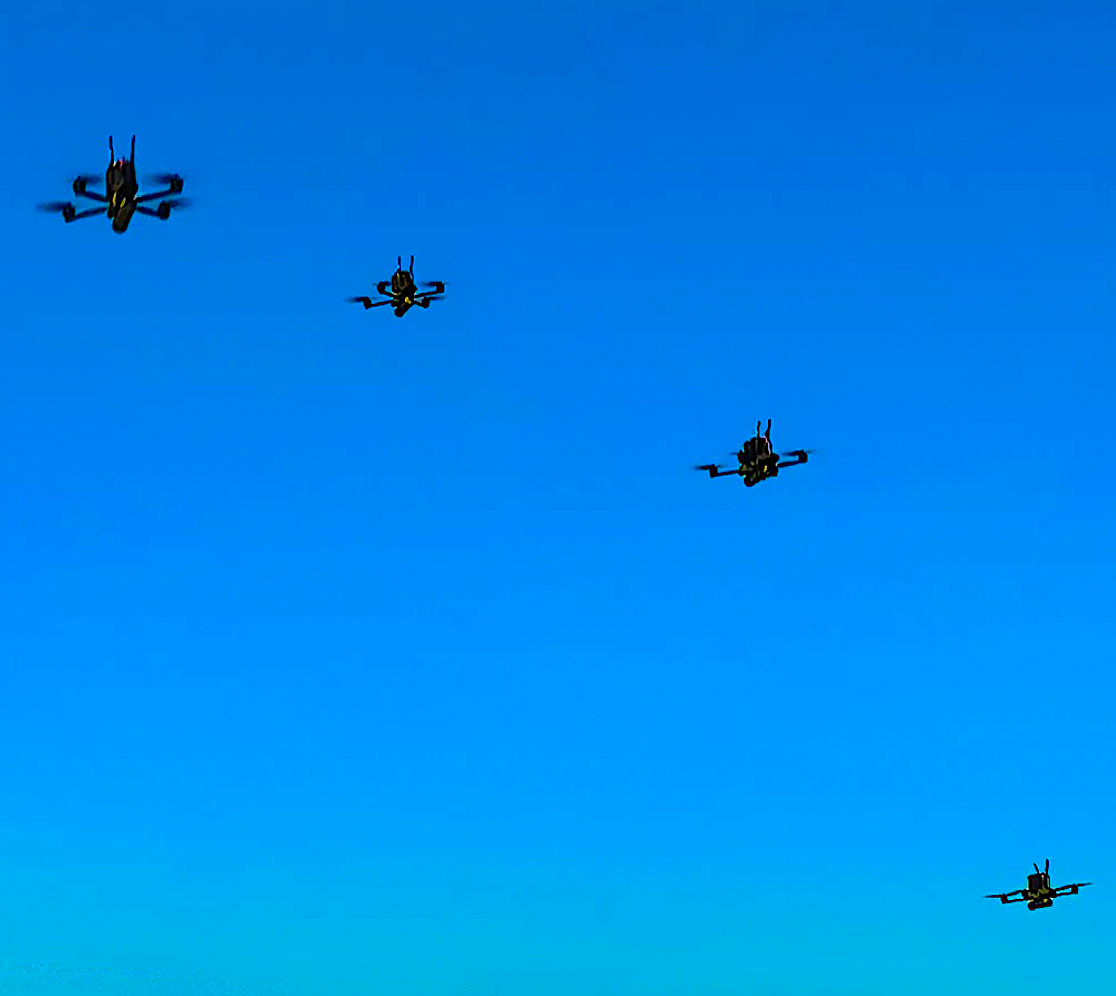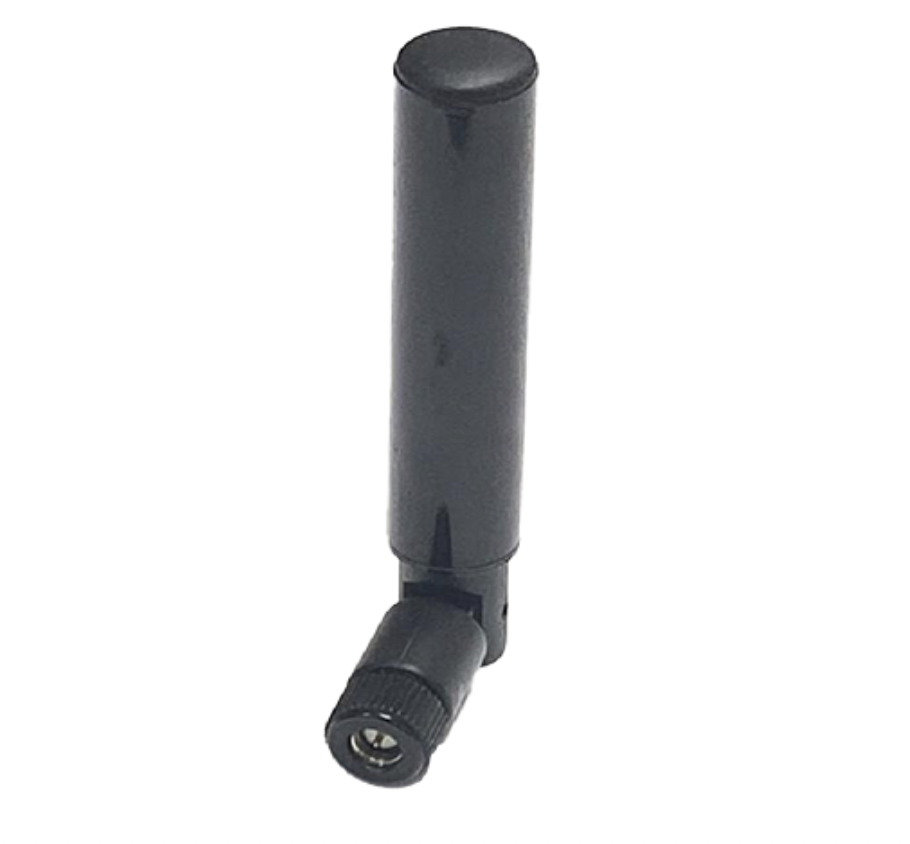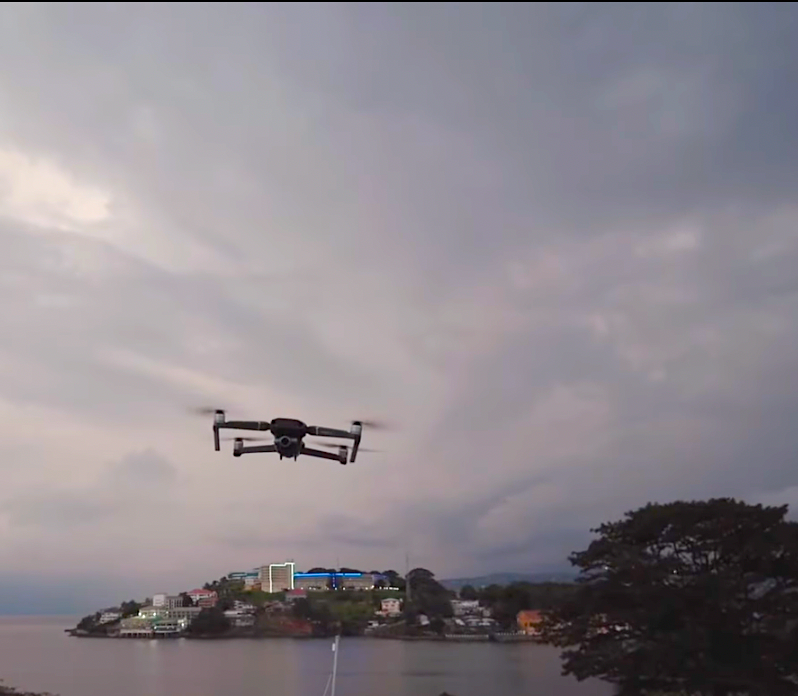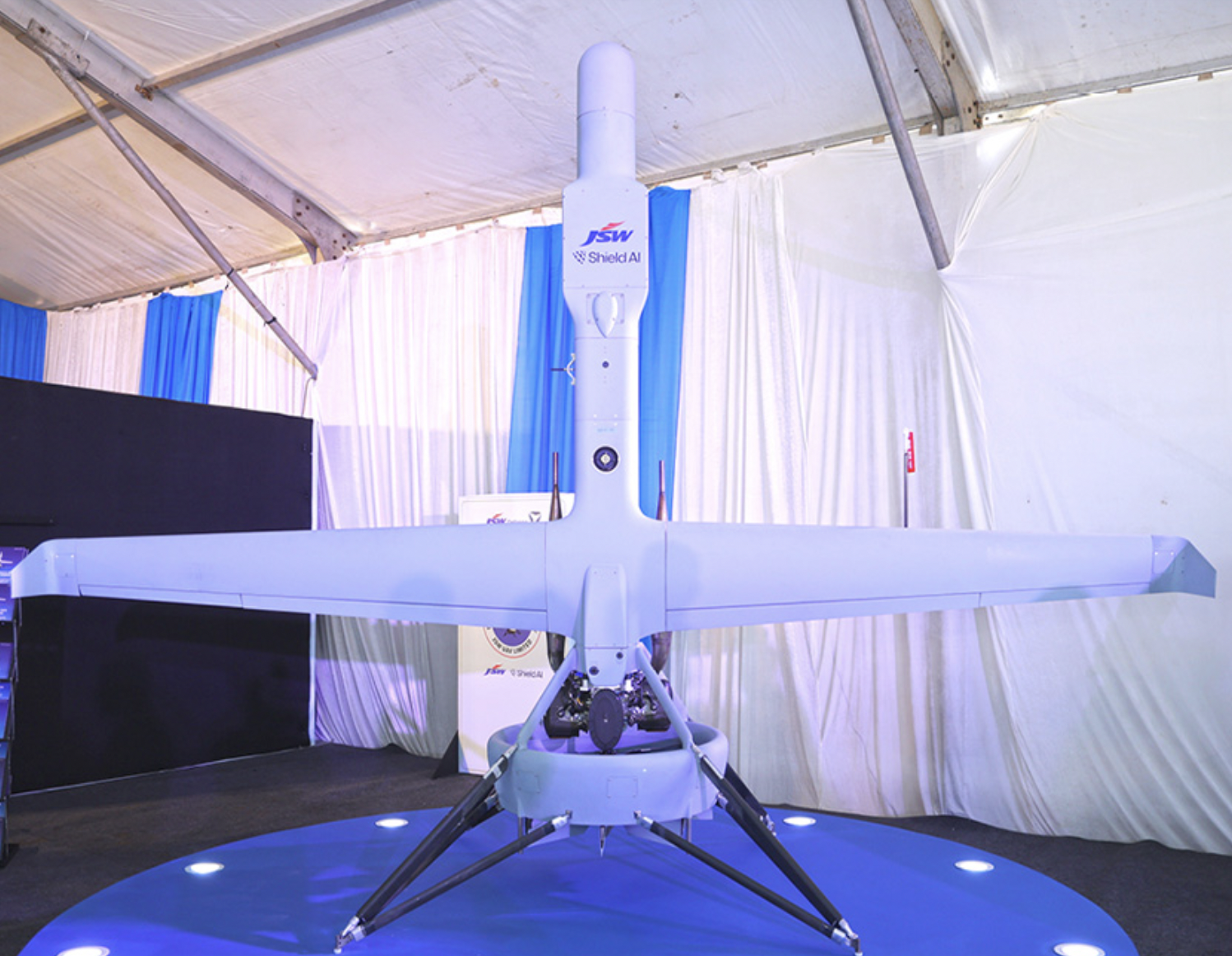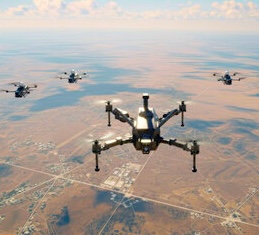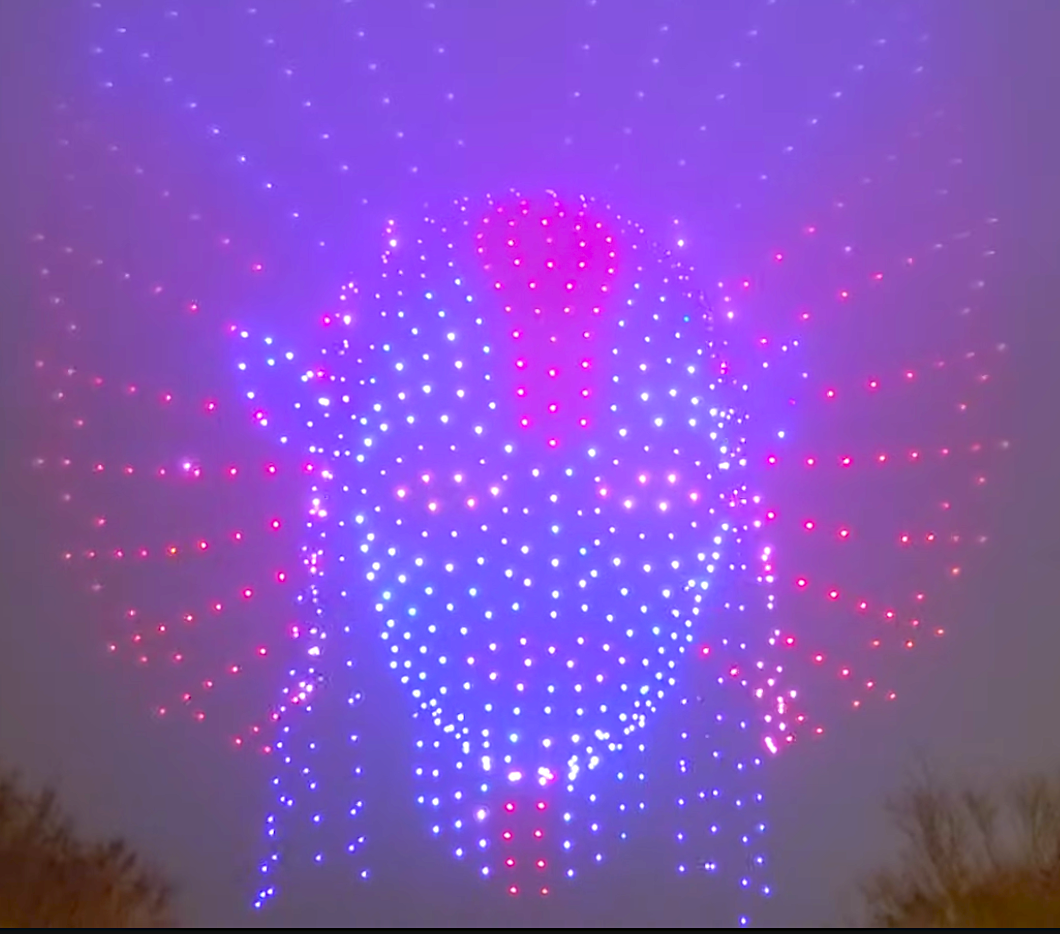Featured NewsTrending News4 Ways the Trump Administration Could Affect the U.S. Drone Industry
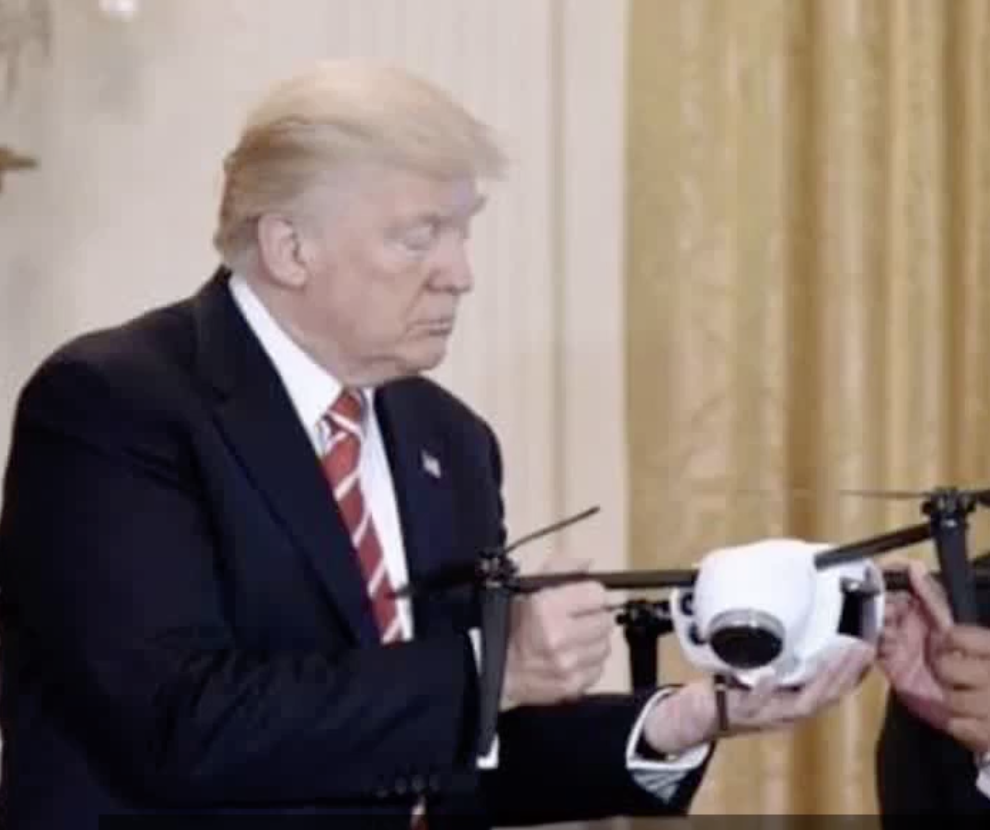
11 November 2024
Technological Development
Acknowledging the economic importance of drones, the Trump administration formed the Drone Integration Pilot Program under the Department of Transportation so that companies—as well as public agencies—could develop and test new drone tech in controlled situations. The goal was to boost drone-industry growth. The DIPP evolved into the BEYOND program on October 2, 2020—now under the FAA—to "collect data to develop performance-based standards, address community feedback, understand potential, and realize the societal, economic, and community benefits of drone use." The four-year program also seeks to streamline approval processes for drone integration.
Hypotheis: Trump may support similar programs that increase opportunities for developing new drone technologies.
Chinese Drones and Fair Competition
Trump's 2018 trade conflict with China—identified by his administration as a "strategic competitor"—meant that tariffs were imposed on DJI drones. The action increased the cost of DJI and other Chinese-manufactured drones for both consumers and industrial users (first responders, infrastructure surveyers, etc.). However, the tariffs were initiated to protect American jobs and forge fair competition.
Hypotheis: Trump’s commitment to fair competition may lead to favoring initiatives that diminish reliance on Chinese technology.
U.S. Drone Manufacturing
Trump's previous “America First” agenda encouraged creation of domestic jobs, while simultaneously limiting dependence on foreign products. In the drone industry, however, DJI still remains ahead of most American models by offering high tech at lower cost.
Hypotheis: Offering incentives and other policies favorable to growth, Trump could drive American drone companies to increase production and develop technologies on par with Chinese UAVs. Cost factors may need to be addressed if American drones are to compete with DJI pricing and value for money.
Security
In his first term, Trump sought to restrict potential espionage with his China Intiative. Overseen by the U.S. Department of Justice, the China Intiative seeks to "identify and prosecute those engaged in trade secret theft, hacking, and economic espionage to protect our critical infrastructure against external threats through foreign direct investment and supply chain compromises, as well as combatting covert efforts to influence the American public and policymakers without proper transparency."
Hypotheis: Security worries over Chinese drones could reappear during the upcoming Trump administration, prompting renewed safeguards for U.S. data and intellectual property, as well as seek stronger protections against espionage.
